Yearender: Predictions for 2016 through 20 questions
Updated: 2015-12-31 07:53
(China Daily)
|
||||||||
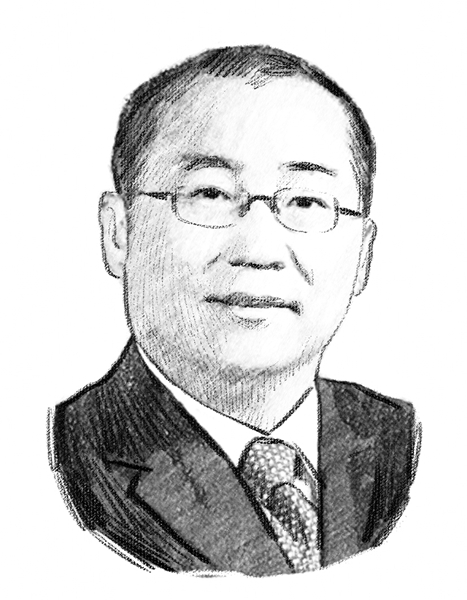 |
|
Zhao Xiao |
7. Will China's real estate see a rapid recovery?
Zhao Xiao, a professor of economics at the University of Science and Technology Beijing
No. I don't think China's real estate market will recover next year. Instead, its condition could worsen than this year.
Although China's overall real estate sales improved this year compared with that of last year, property developers are still very cautious. Major real estate indicators such as purchase of land, new investment in the property sector and newly built houses all show poor performance. So I am not optimistic about overall property sales next year.
Every index shows that China's real estate industry is reaching a historical turning point, which is the trend of the market. The major market moves next year will be big real estate developers acquiring small companies, rather than investing in new land and new housing construction. I suppose next year there will be zero growth in real estate investment for the first time.
Real estate destocking will face huge pressure next year. Currently, there are 696 million square meters of unsold housing and more than 7 billion square meters of housing under construction nationwide, which could need five to eight years for them to be sold.
The central government has launched a series of favorable policies for real estate destocking. The orientation of the policies is good, but whether they will be conducive to destocking depends on how they are implemented.
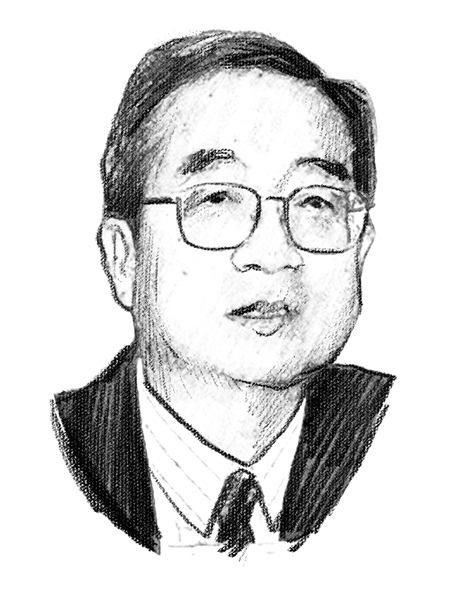 |
|
Zhou Dadi |
8. Will more effective measures be taken to ease air pollution in China?
Zhou Dadi, vice-director of and senior researcher at China Energy Research Society
That depends. Actually, the authorities and researchers have already realized what measures could be effective. The issue now is how to implement them.
These measures include, most importantly, adjusting the economic structure. For example, steel production needs to be reduced. But the move will hurt steel plants, and whether it can be implemented will test the leadership's determination to fight air pollution despite the opposition of interest groups.
Another necessary measure is to optimize energy supply. China still relies on coal as its main energy source, which cannot be fundamentally changed in a few years, let alone 2016. But in the new year, we can at least increase the supply of natural gas to replace some of the coal used to generate energy, which, in turn, would raise heating charges in winter and increase the operation costs of enterprises. The government, therefore, needs transparent discussions to persuade the public.
In particular, for metropolises such as Beijing, there might be a stricter limit on the use of cars. At present, Beijing residents cannot drive their cars one day a week. This restriction could be tightened next year, and people might be prevented from driving their cars, for example, on weekdays, because vehicle emissions are one of the key sources of air pollution. Of course, the authorities need public discussions so as to convince residents about the necessity of such a move.
- Top 10 policy changes in China in 2015
- Yearender: Ten most talked-about newsmakers in 2015
- Yearender 2015: Chinese athletes of year
- Yearender: 2015 auctions overview
- Yearender: China and US in 2015 - moving forward together
- Yearender 2015: Key words from stories that created buzz in China
- Yearender 2015: Stories that made headlines
- Yearender: 2015 auctions overview
- Yearender 2015: Natural disasters
- Top planner targets 40% cut in PM2.5 for Beijing-Tianjin-Hebei cluster
- Yearender: Predictions for 2016 through 20 questions
- Asia's largest underground railway station opens in Shenzhen
- Shanghai bans drug-using actors, drivers
- Clamping down to clean up the air
- Yearender: Ten most talked-about newsmakers in 2015
- Over 1 million refugees have fled to Europe by sea in 2015: UN
- Turbulence injures multiple Air Canada passengers, diverts flight
- NASA releases stunning images of our planet from space station
- US-led air strikes kill IS leaders linked to Paris attacks
- DPRK senior party official Kim Yang Gon killed in car accident
- Former Israeli PM Olmert's jail term cut, cleared of main charge
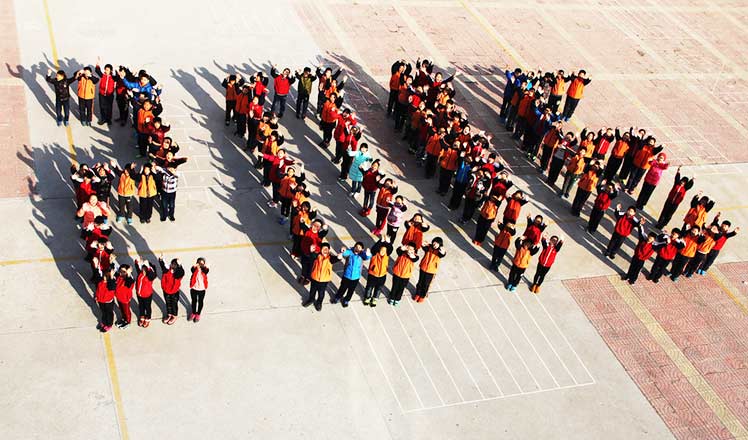
 Yearender: Predictions for 2016 through 20 questions
Yearender: Predictions for 2016 through 20 questions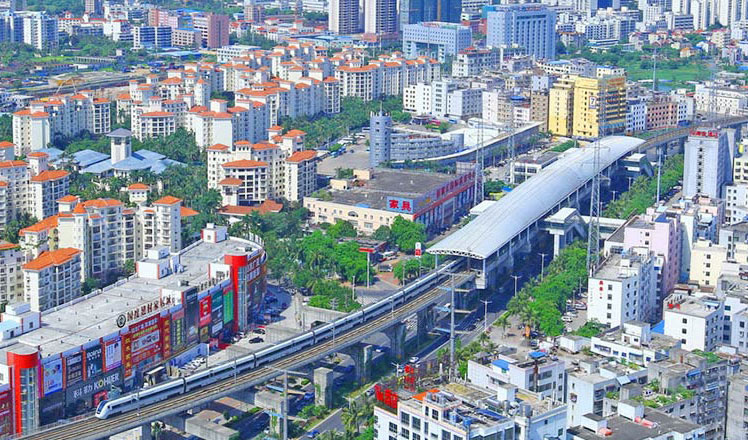
 World's first high-speed train line circling an island opens in Hainan
World's first high-speed train line circling an island opens in Hainan
 'Internet Plus' changes people's lifestyles in China
'Internet Plus' changes people's lifestyles in China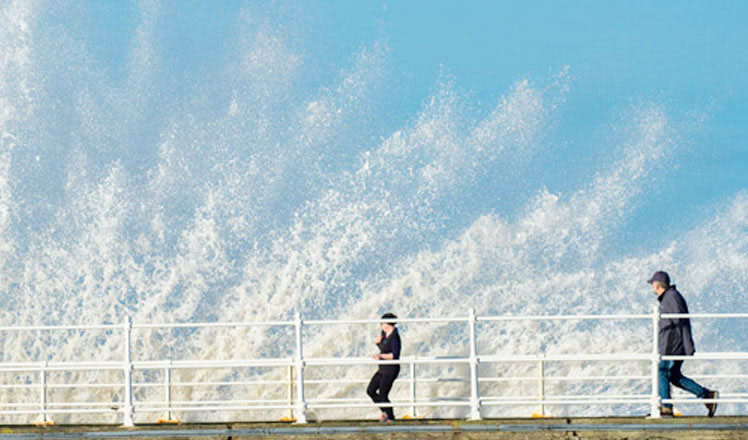
 Rough waters on the sea front of West Wales
Rough waters on the sea front of West Wales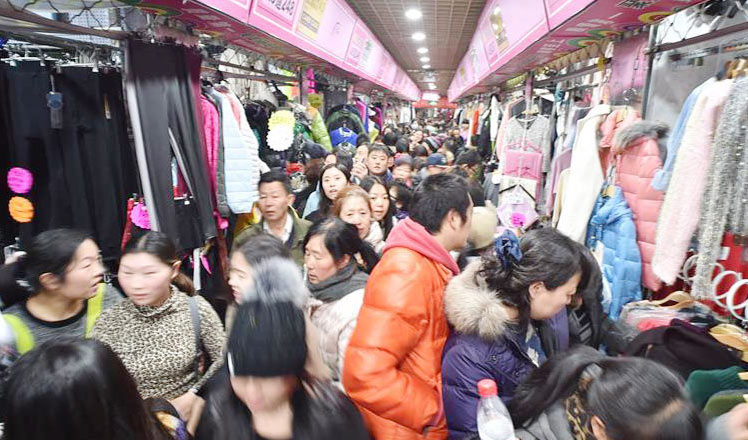
 Beijng Zoo wholesale market to be relocated by 2016
Beijng Zoo wholesale market to be relocated by 2016
 Iron woman: first female body builder in Egypt
Iron woman: first female body builder in Egypt
 Yearender: Chinese athletes of year
Yearender: Chinese athletes of year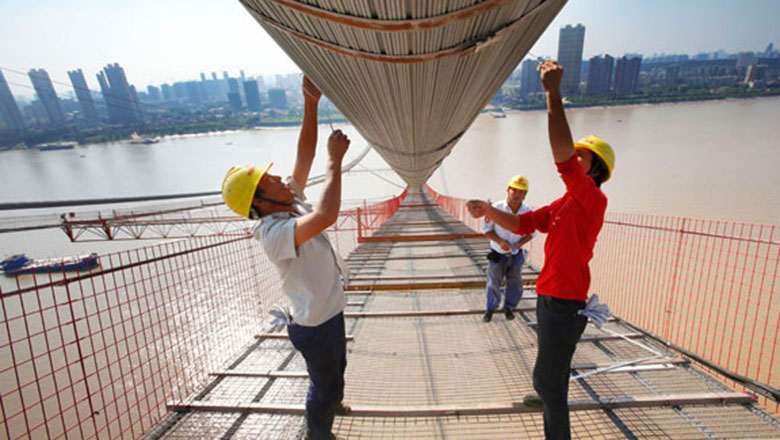
 Yearender: Key words from popular China news stories in 2015
Yearender: Key words from popular China news stories in 2015
Most Viewed
Editor's Picks

|

|

|

|

|

|
Today's Top News
Shooting rampage at US social services agency leaves 14 dead
Chinese bargain hunters are changing the retail game
Chinese president arrives in Turkey for G20 summit
Islamic State claims responsibility for Paris attacks
Obama, Netanyahu at White House seek to mend US-Israel ties
China, not Canada, is top US trade partner
Tu first Chinese to win Nobel Prize in Medicine
Huntsman says Sino-US relationship needs common goals
US Weekly

|

|







